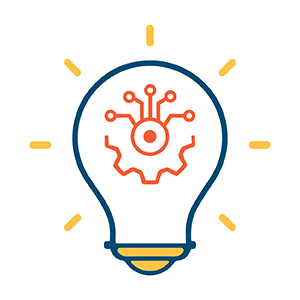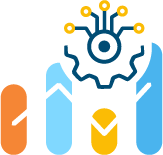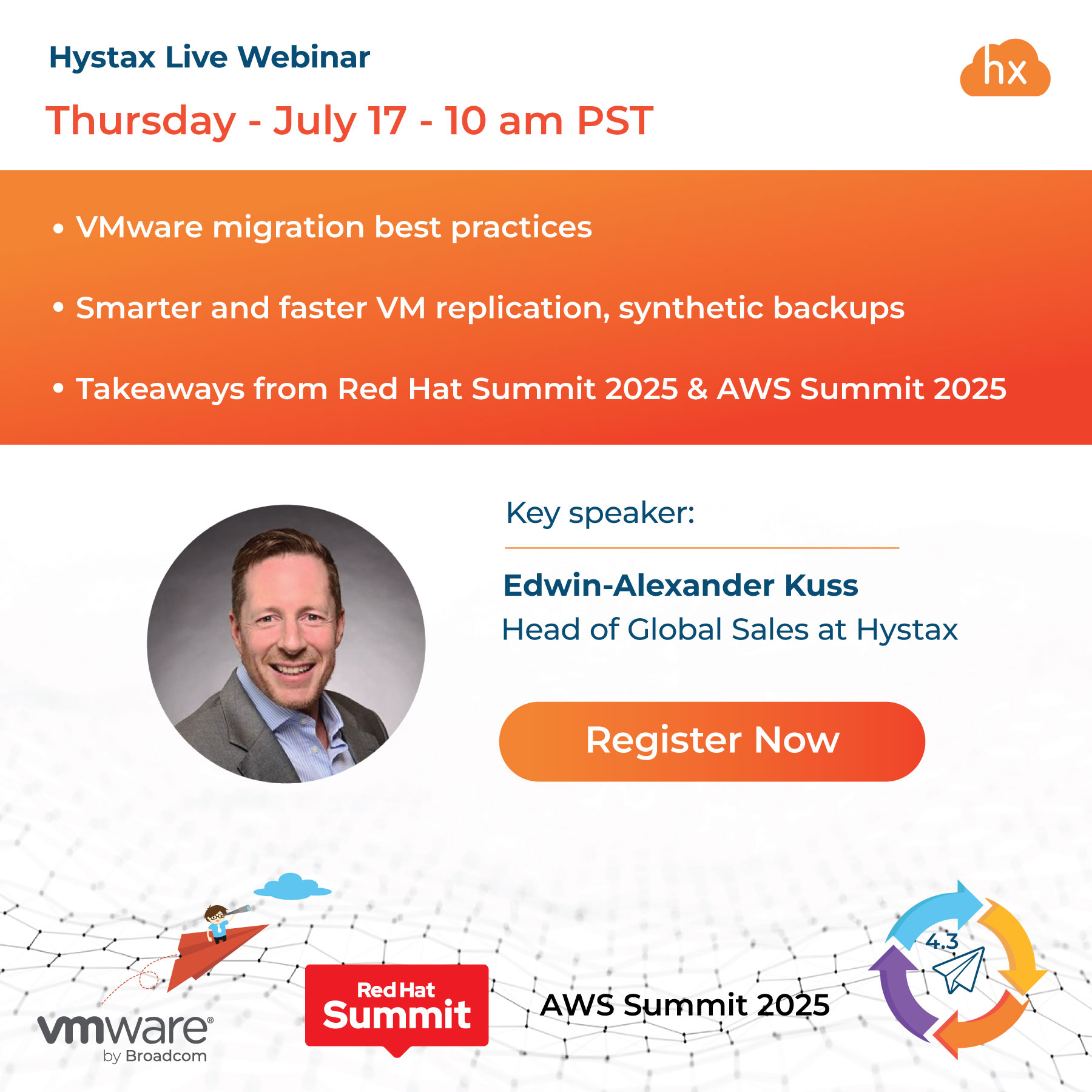The landscape of software development is continuously evolving, and in recent years, two significant methodologies have emerged: DevOps and MLOps. Both DevOps and MLOps aim to streamline processes and improve collaboration between teams in their respective domains.
While these methodologies share some similarities, they focus on distinct aspects of software development, with DevOps targeting traditional software development and MLOps focusing on machine learning (ML) projects. This article dives into the core differences between DevOps and MLOps to provide a better understanding of their roles in modern software development.
Defining DevOps

DevOps is a set of practices and tools that aim to integrate development and IT operations to optimize the entire software development lifecycle. It focuses on breaking down silos between developers and IT operations teams, promoting collaboration, communication, and continuous improvement. DevOps aims to deliver high-quality software quickly and efficiently through continuous integration, continuous deployment, and continuous monitoring.
Key elements of DevOps
- Continuous Integration (CI): The process of integrating code changes into a shared repository frequently, minimizing the risk of merge conflicts and enabling faster feedback.
- Continuous Delivery (CD): The practice of automating the software delivery process, ensuring that new features and bug fixes are deployed to production environments without manual intervention.
- Infrastructure as Code (IaC): The concept of managing and provisioning infrastructure through machine-readable definition files, making it easier to manage and automate infrastructure changes.
- Monitoring and Logging: Tracking application performance and collecting logs to diagnose and resolve issues quickly.
Defining MLOps

MLOps, short for Machine Learning Operations, is an engineering discipline that brings together the principles of DevOps and machine learning. MLOps aims to standardize and streamline the process of developing, deploying, and monitoring machine learning models to facilitate collaboration between data scientists, ML engineers, and operations teams. As ML projects differ from traditional software development in terms of complexity, uncertainty, and iterative nature, MLOps helps tackle these challenges and ensures the successful deployment and maintenance of ML models.
Key elements of MLOps
- Data Management: Ensuring proper storage, access, and versioning of the data used to train and evaluate ML models.
- Model Training and Experimentation: Facilitating the reproducibility of ML experiments by tracking hyperparameters, model architecture, and training data.
- Model Deployment: Automating the process of deploying ML models to production environments, including model versioning and rollback capabilities.
- Model Monitoring and Maintenance: Continuously monitoring model performance, detecting and addressing concept drift, and updating models as necessary.
Differences between DevOps and MLOps
- Focus on Data: MLOps places a strong emphasis on data management, as ML models are inherently dependent on the quality and relevance of the input data. Data versioning, data validation, and data preprocessing are critical aspects of MLOps that are not as prominent in DevOps.
- Model Experimentation and Reproducibility: ML projects often require extensive experimentation and iteration. MLOps aims to facilitate reproducibility by tracking experiment parameters, model architecture, and training data. While DevOps also values reproducibility, it primarily focuses on the infrastructure and application code rather than model experimentation.
- Model Monitoring and Maintenance: ML models are susceptible to concept drift, where their performance degrades over time due to changes in the underlying data distribution. MLOps emphasizes continuous monitoring of model performance and regular updates to ensure optimal results. In contrast, DevOps focuses on monitoring application performance and logging data to identify and resolve issues related to infrastructure and application code.
- Model Deployment: Deploying ML models to production environments can be a complex process that involves handling different model versions, updating data pipelines, and ensuring compatibility with existing systems. MLOps provides a structured approach to model deployment, including versioning and rollback capabilities. DevOps, on the other hand, focuses on automating the deployment of traditional software applications, which typically have more predictable behavior and release cycles.
Collaboration between Teams: Both DevOps and MLOps promote collaboration between different teams. DevOps encourages communication and cooperation between development and operations teams, while MLOps facilitates collaboration between data scientists, ML engineers, and operations teams. The primary goal of these collaborations is to streamline processes and improve the overall quality of the final product.
Final thoughts
DevOps and MLOps are both crucial methodologies for modern software development, but they serve different purposes and cater to distinct types of projects. DevOps focuses on integrating development and operations teams to optimize the software development lifecycle, while MLOps aims to standardize and streamline the development, deployment, and monitoring of machine learning models.
Understanding the differences between DevOps and MLOps is vital for organizations looking to stay competitive and adopt best practices in their respective fields. By implementing these methodologies, companies can improve collaboration, reduce time-to-market, and ensure the success of their software and ML projects.
💡 You might be also interested in our article ‘What are the main challenges of the MLOps process?’
Discover the challenges of the MLOps process, such as data, models, infrastructure, and people/processes, and explore potential solutions to overcome them →
✔️ OptScale, a FinOps & MLOps open source platform, which helps companies optimize cloud costs and bring more cloud usage transparency, is fully available under Apache 2.0 on GitHub →




